|
Description:
Gain the knowledge and skills you need to succeed as a clinical lab technician! Textbook of Diagnostic Microbiology, 7th Edition uses a reader-friendly "building-block" approach to help you learn the essentials of diagnostic microbiology. Featuring full-color drawings and photos, this text helps you learn to identify significant isolates in the lab and to develop the critical thinking and problem-solving skills necessary to the accurate diagnosis of infectious diseases. Written by noted educators Connie R. Mahon and Donald C. Lehman, this edition adds new content on SARS-CoV-2 and COVID-19, along with the latest information on prevention, treatment modalities, and CDC guidelines.
|
|
Part 1: Introduction to Clinical Microbiology Chapter 1: Bacterial Cell Structure, Physiology, Metabolism, and Genetics Chapter 2: Host-Parasite Interaction Chapter 3: The Laboratory Role in Infection Control Chapter 4: Control of Microorganisms: Disinfection, Sterilization, and Microbiology Safety Chapter 5: Performance Improvement in the Microbiology Laboratory Chapter 6: Specimen Collection and Processing Chapter 7: Microscopic Examination of Materials from Infected Sites Chapter 8: Use of Colony Morphology for the Presumptive Identification of Microorganisms Chapter 9: Biochemical Identification of Gram-Negative Bacteria Chapter 10: Immunodiagnosis of Infectious Diseases Chapter 11: Applications of Molecular Diagnostics Chapter 12: Antibacterial Mechanisms of Action and Bacterial Resistance Mechanisms Chapter 13: Antimicrobial Susceptibility Testing Part 2: Laboratory Identification of Significant Isolates Chapter 14: Staphylococci Chapter 15: Streptococcus, Enterococcus, and Other Catalase-Negative, Gram-Positive Cocci Chapter 16: Aerobic Gram-Positive Bacilli Chapter 17: Neisseria Species and Moraxella catarrhalis Chapter 18: Haemophilus, HACEK, Legionella and Other Fastidious Gram-Negative Bacilli Chapter 19: Enterobacteriaceae Chapter 20: Vibrio, Aeromonas, and Campylobacter Species Chapter 21: Nonfermenting and Miscellaneous Gram-Negative Bacilli Chapter 22: Anaerobes of Clinical Importance Chapter 23: The Spirochetes Chapter 24: Chlamydia, Rickettsia, and Similar Organisms Chapter 25: Mycoplasma and Ureaplasma Chapter 26: Mycobacterium tuberculosis and Nontuberculous Mycobacteria Chapter 27: Medically Significant Fungi Chapter 28: Diagnostic Parasitology Chapter 29: Clinical Virology Chapter 30: Agents of Bioterror and Forensic Microbiology Chapter 31: Biofilms: Architects of Disease Part 3: Laboratory Diagnosis of Infectious Diseases: and Organ System Approach to Diagnostic Microbiology Chapter 32: Upper and Lower Respiratory Tract Infections Chapter 33: Skin and Soft Tissue Infections Chapter 34: Gastrointestinal Infections and Food Poisoning Chapter 35: Infections of the Central Nervous System Chapter 36: Bacteremia and Sepsis Chapter 37: Urinary Tract Infections Chapter 38: Genital Infections and Sexually Transmitted Infections Chapter 39: Infections in Special Populations Chapter 40: Zoonotic Diseases Chapter 41: Ocular Infections Appendix A: Selected Bacteriologic Culture Media Appendix B: Selected Mycology Media, Fluids, and Stains Appendix C: Selected Procedures Appendix D: Answers to Learning Assessment Questions Glossary
|
|
|
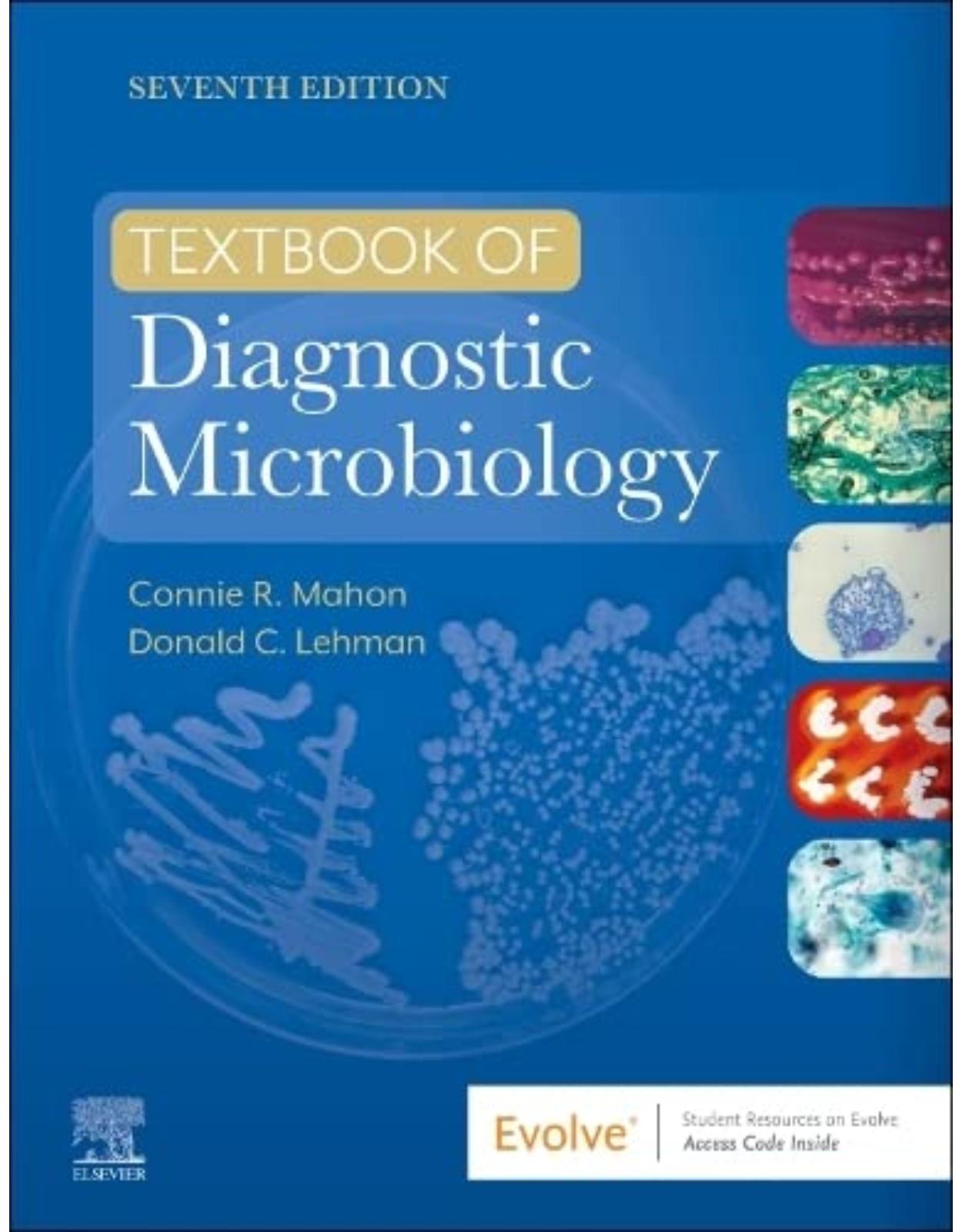

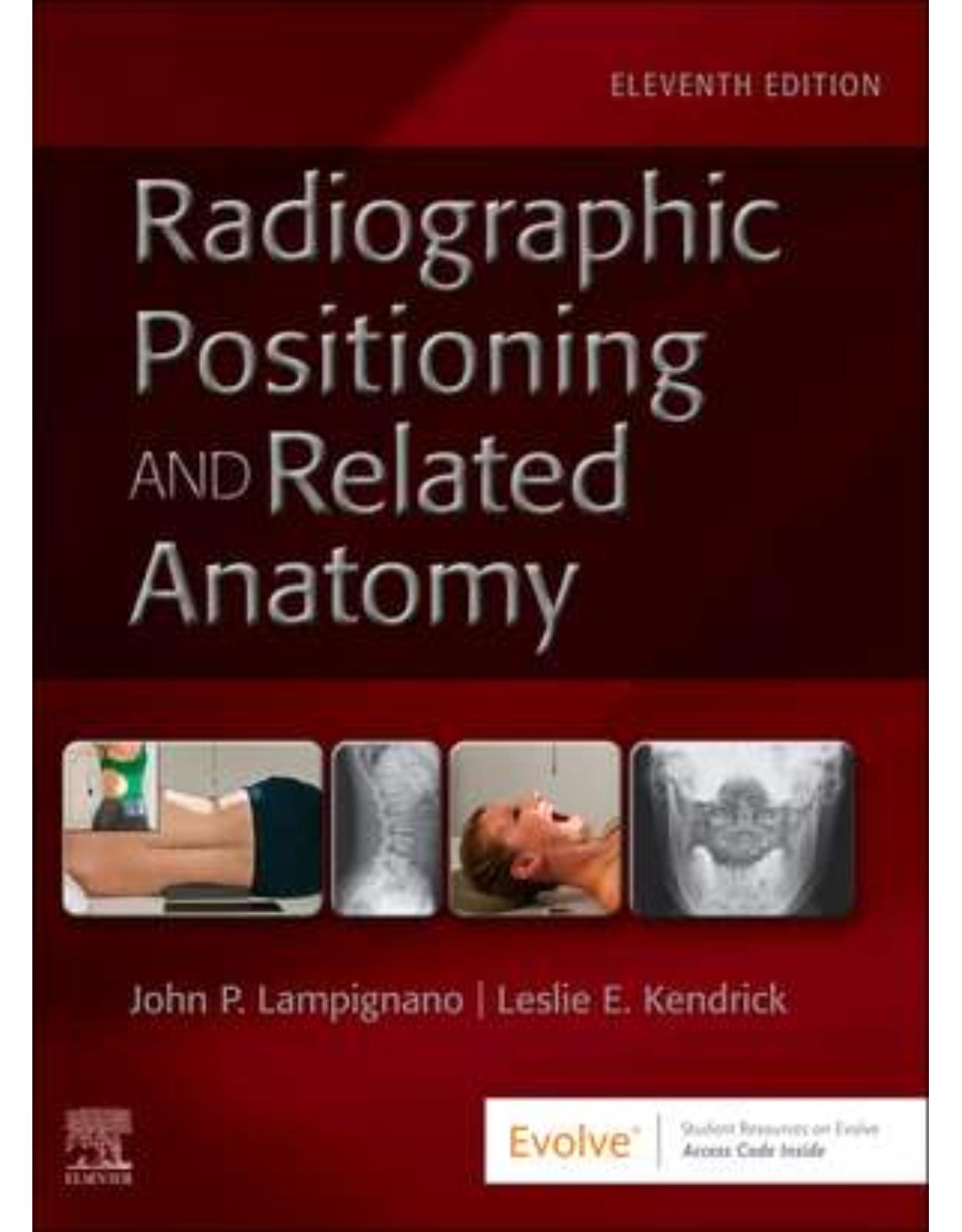
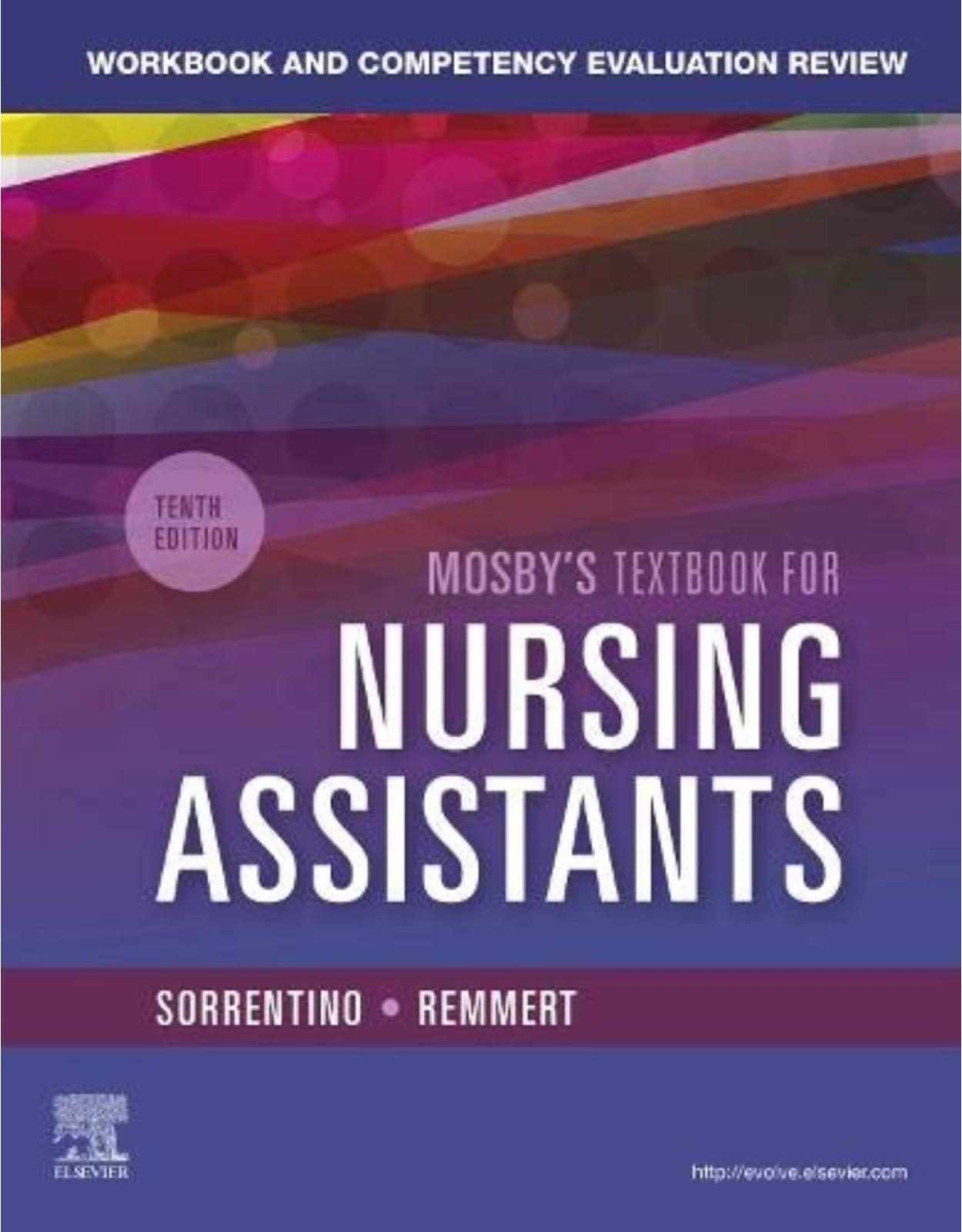
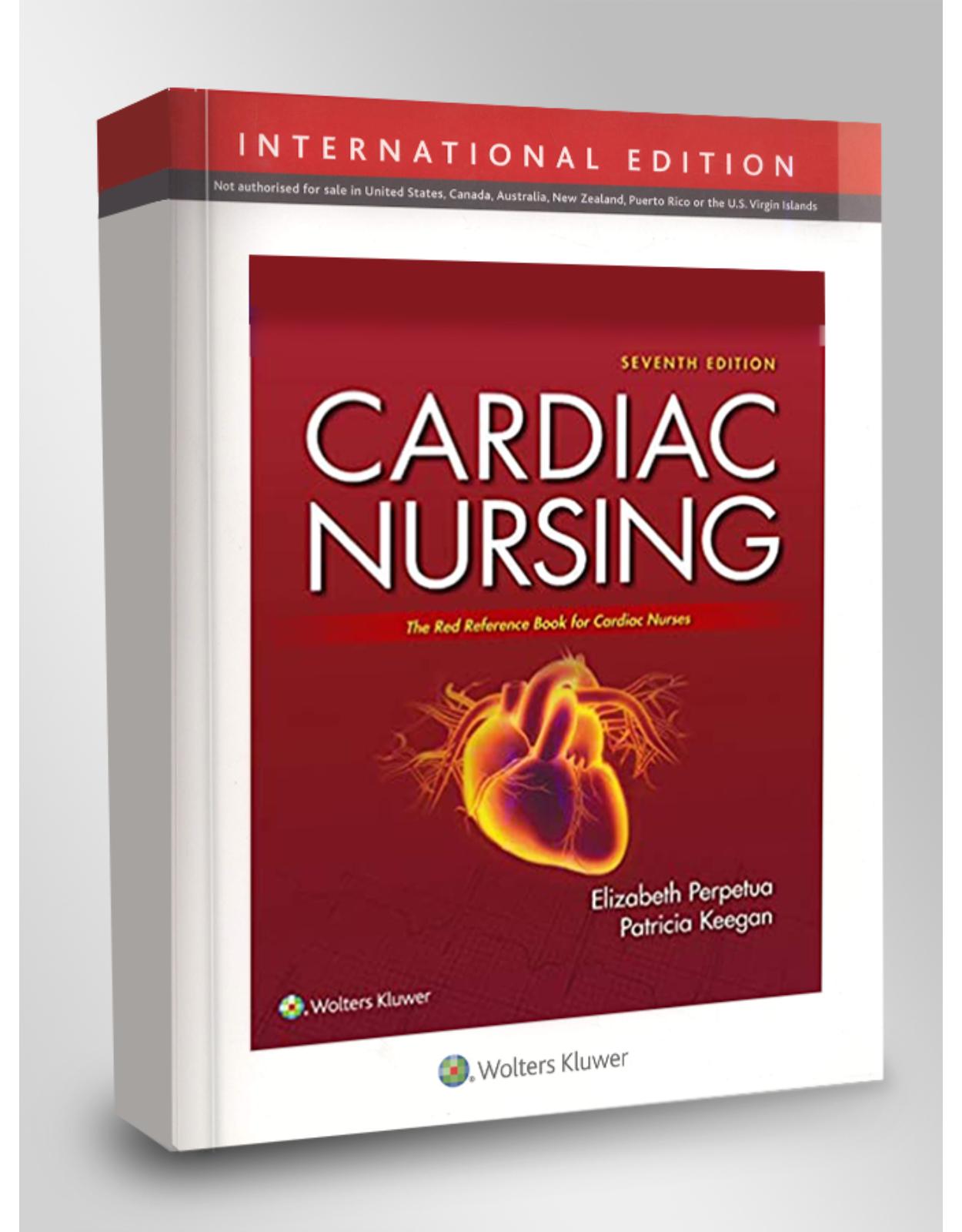
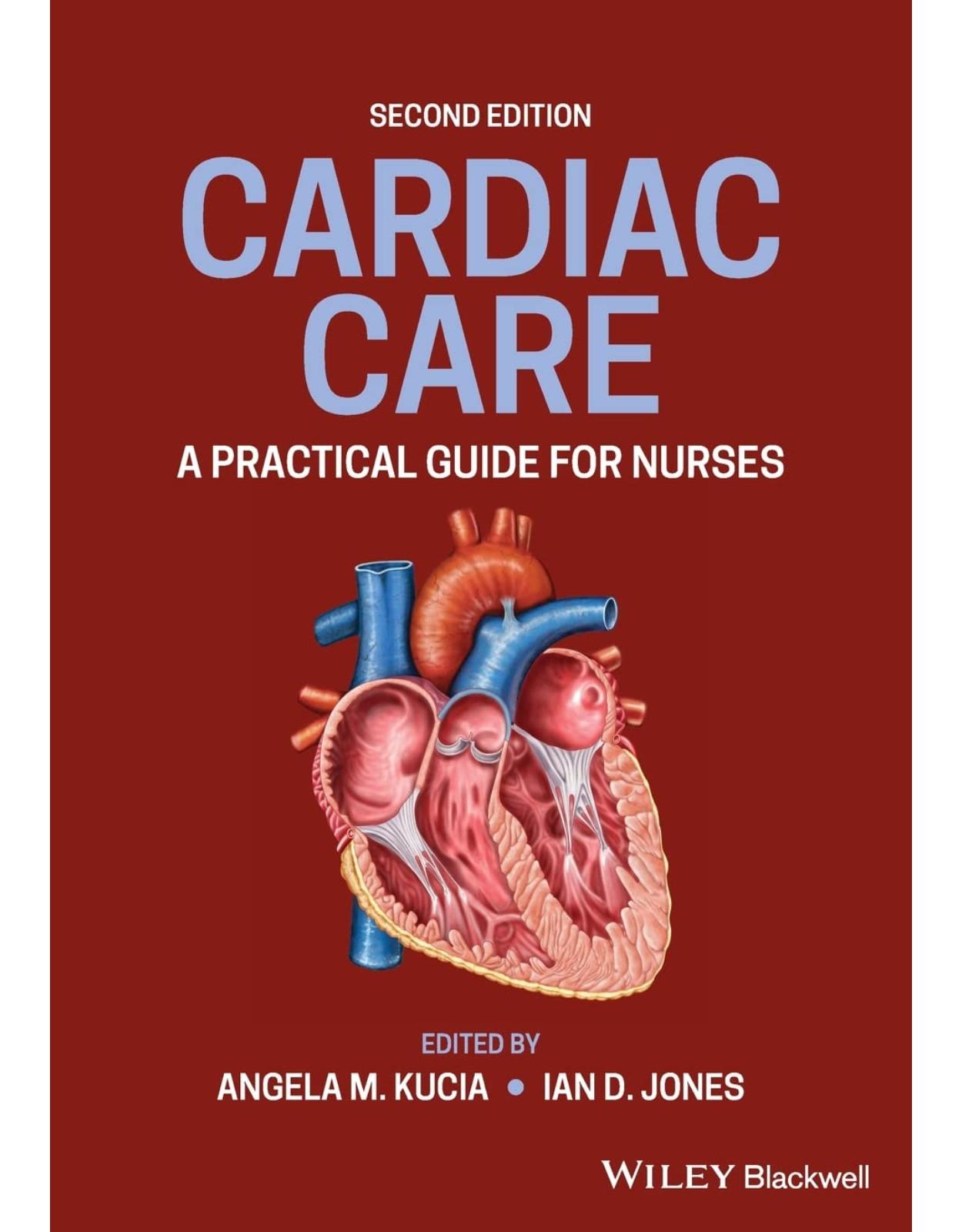
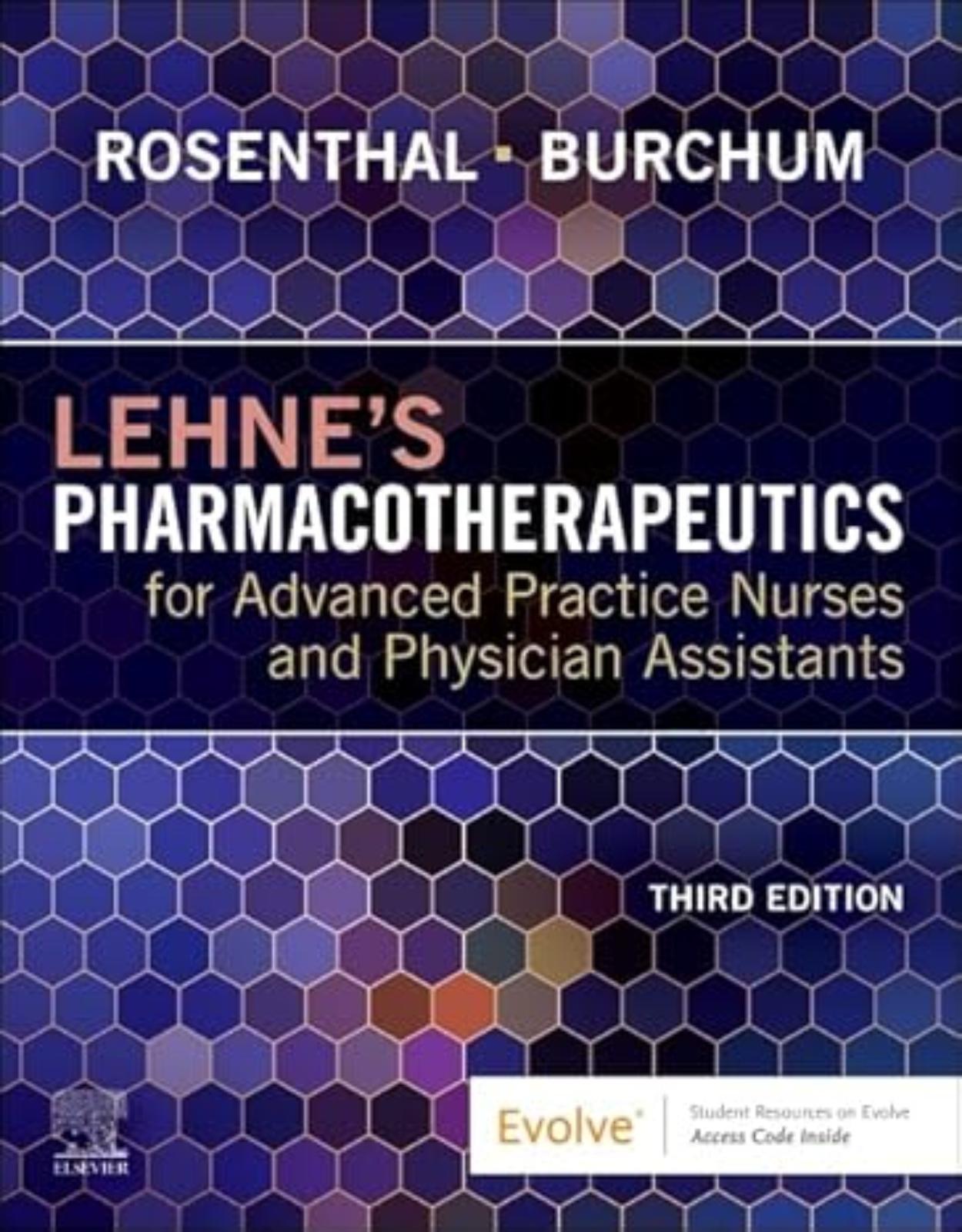
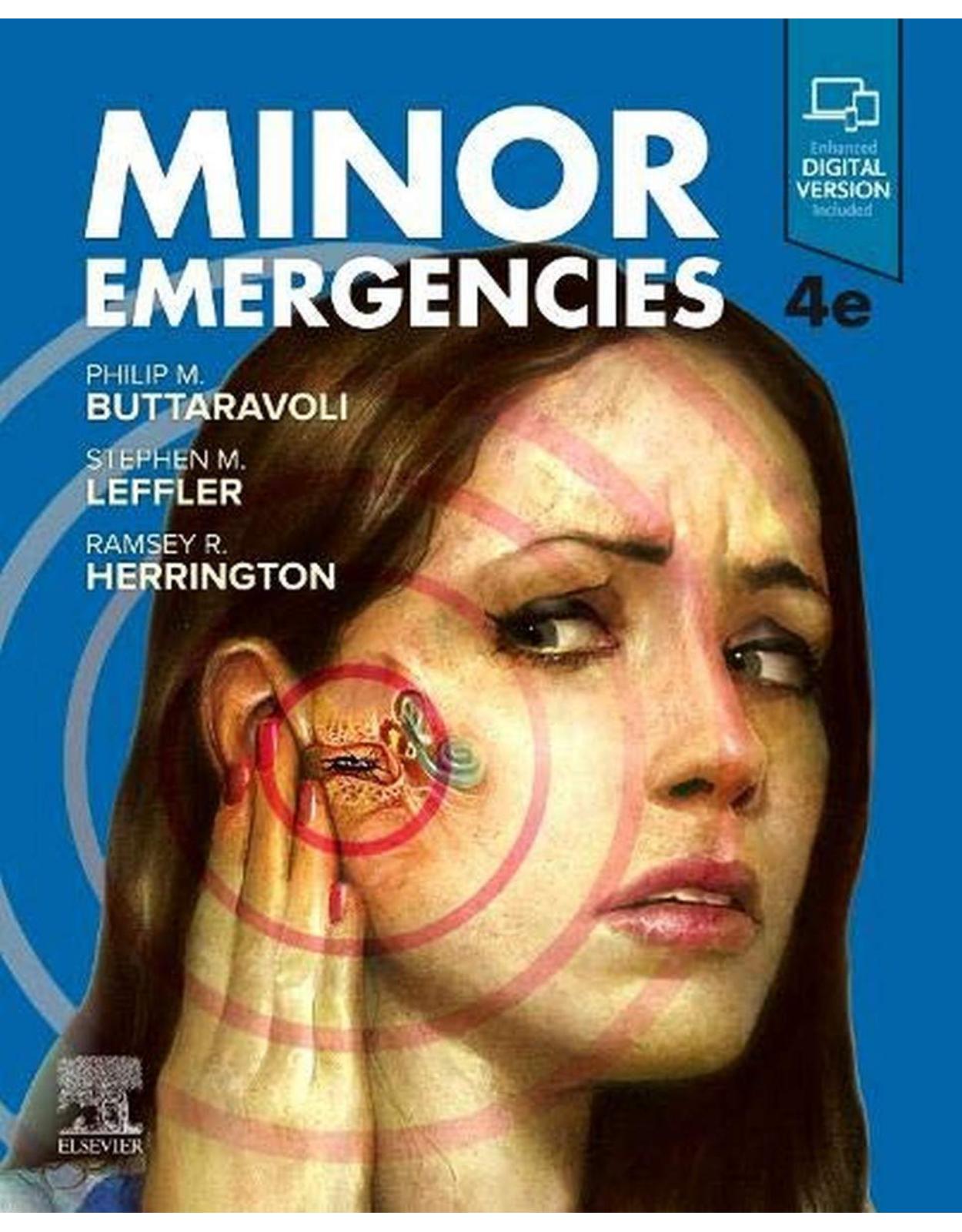
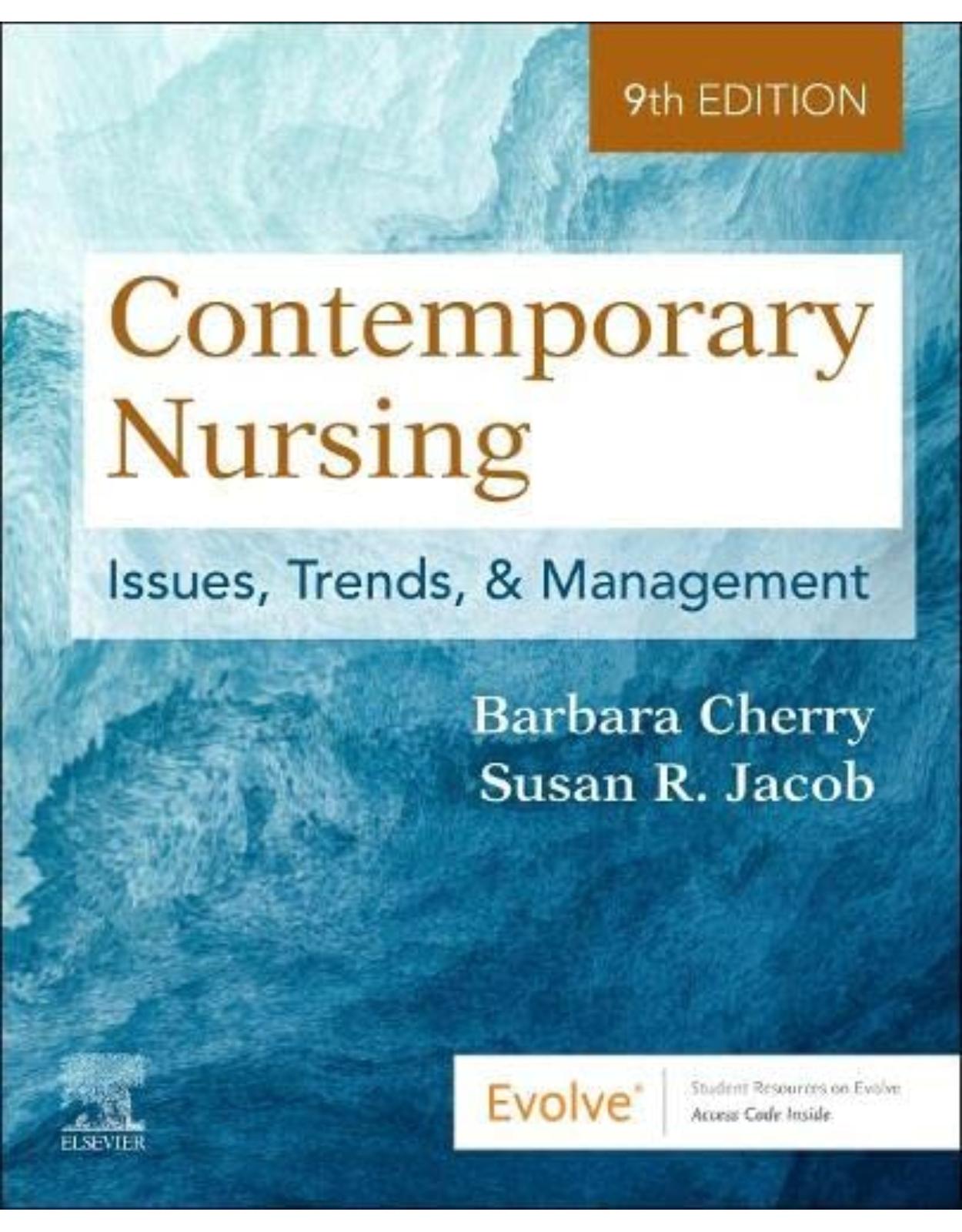
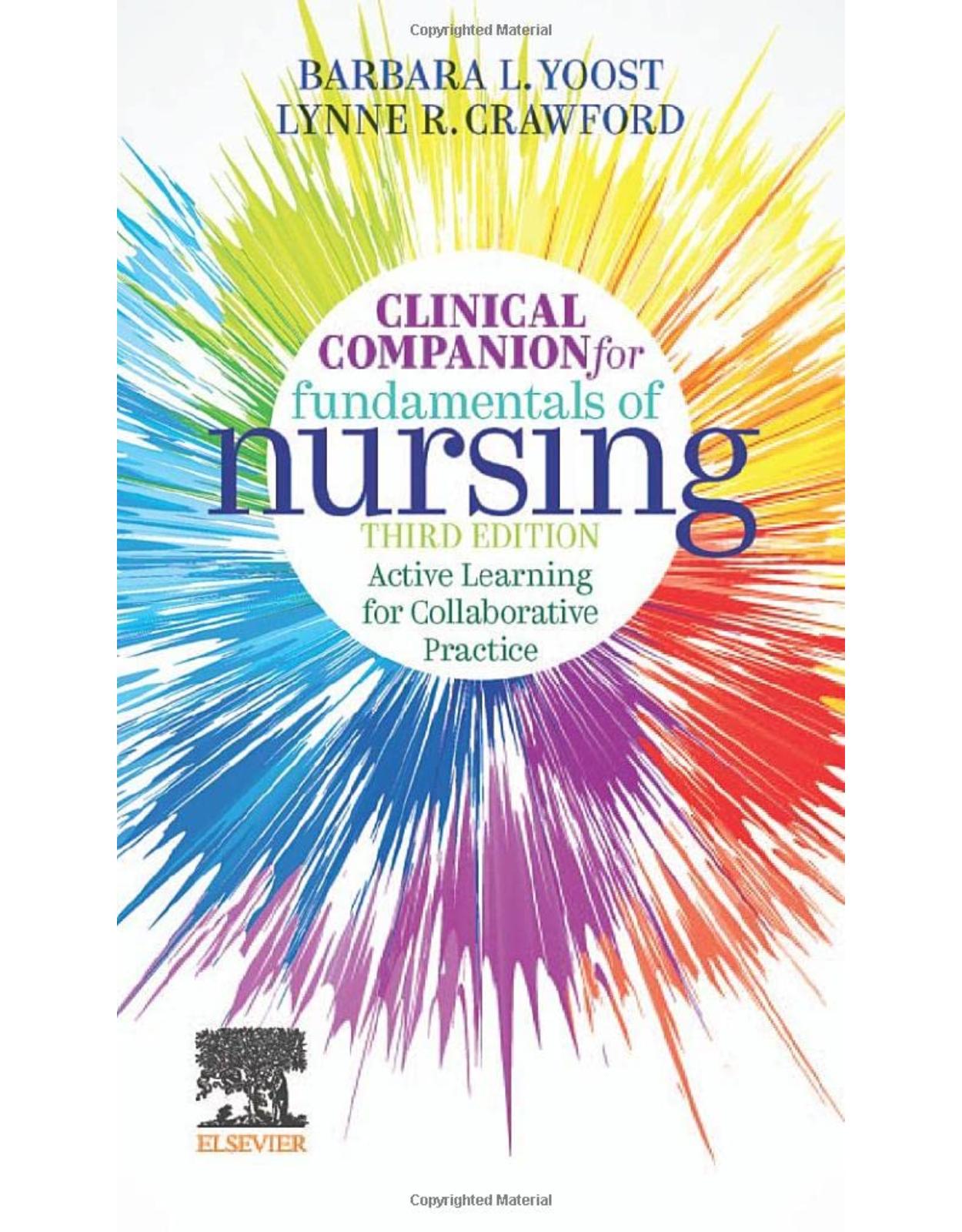
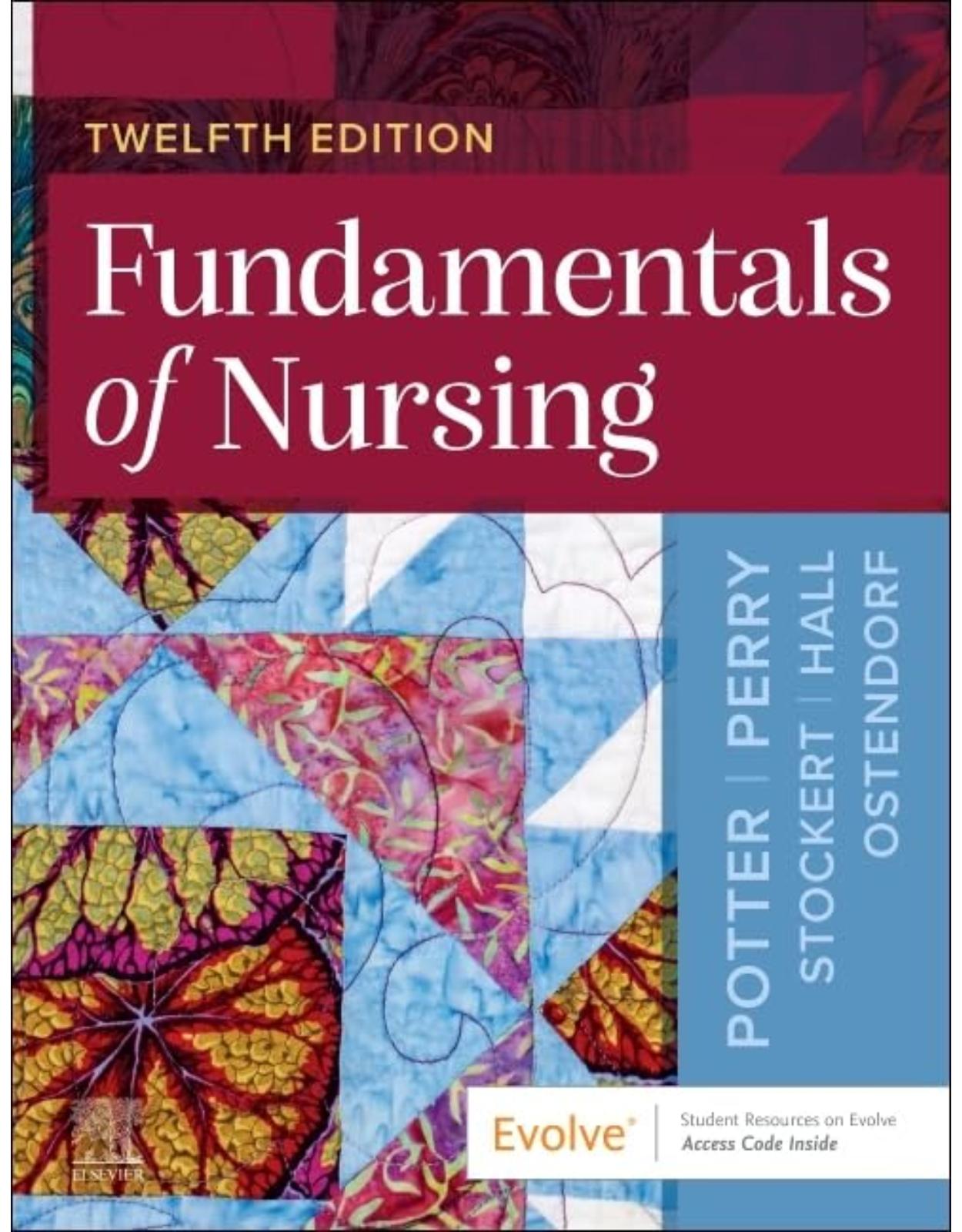
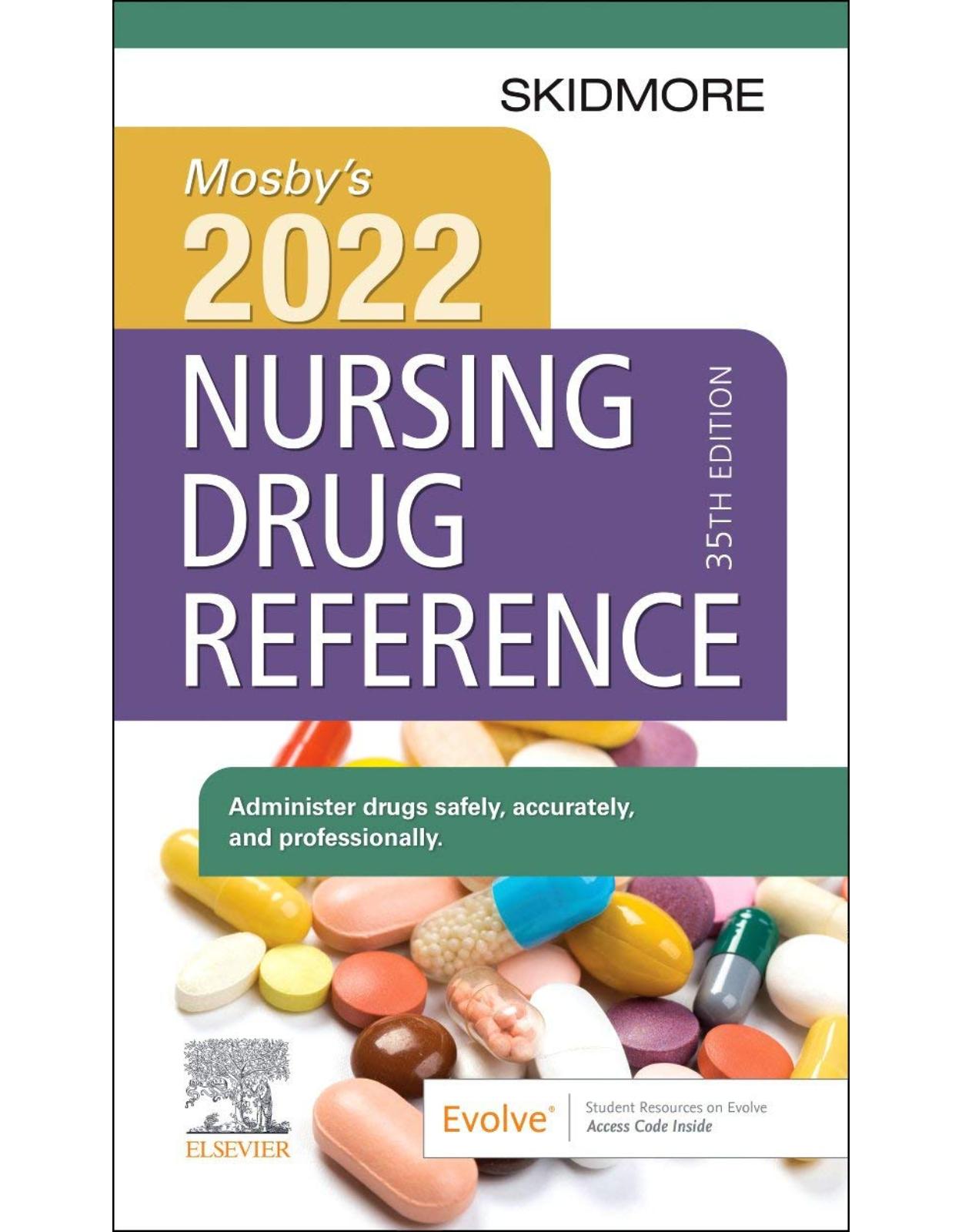
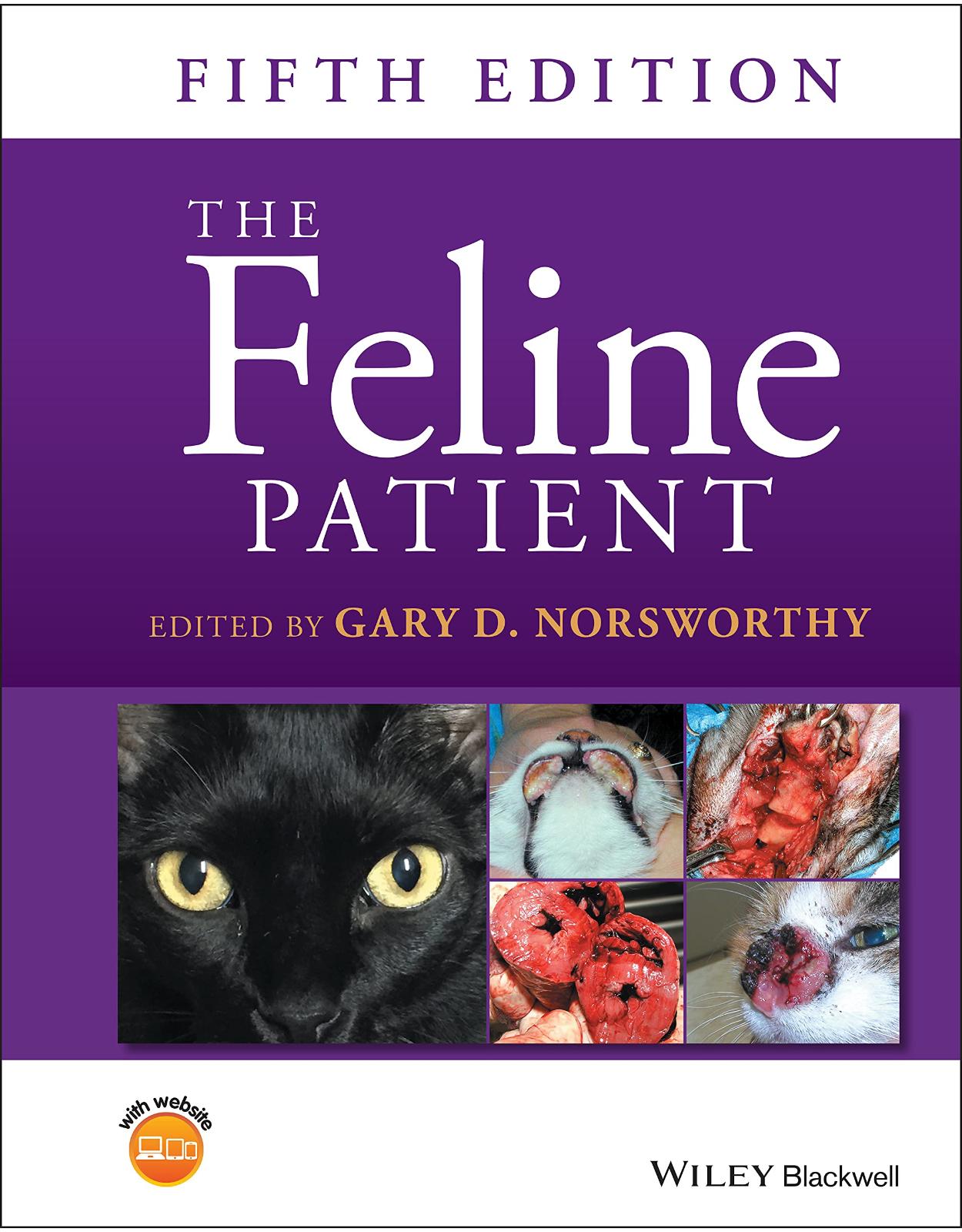
Clientii ebookshop.ro nu au adaugat inca opinii pentru acest produs. Fii primul care adauga o parere, folosind formularul de mai jos.